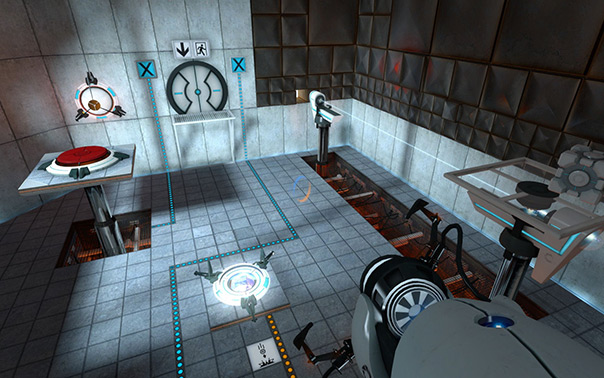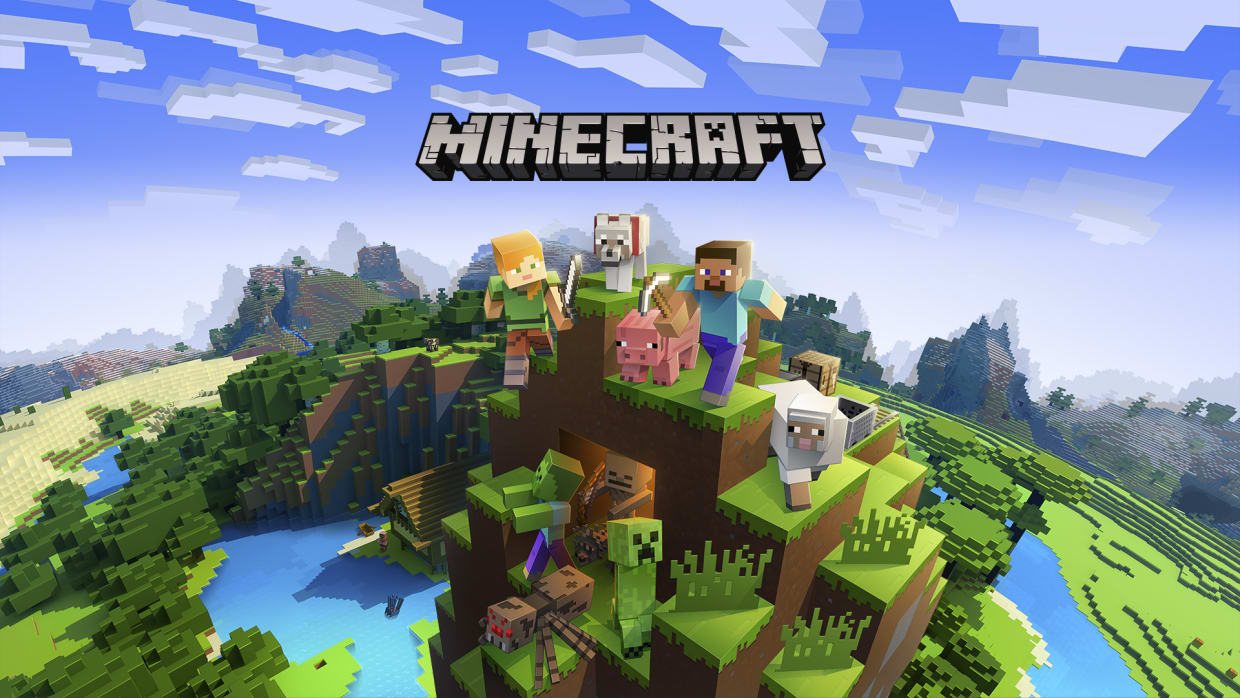Investigating How Video Games Influence Behavior and Cognitive Development
Video games have become a ubiquitous part of our culture, and with that, there has been growing interest in understanding the effects of video games on our behavior and cognitive development.
Effects of Video Games on Behavior
One of the most well-studied areas of research on video games is their impact on aggression. Some studies have found that playing violent video games can lead to increased aggression in players, both in the short-term and the long-term. However, other studies have found no such link, or even a link between violent video games and decreased aggression.
The effects of video games on other aspects of behavior, such as prosocial behavior and academic achievement, are less clear. Some studies have found that video games can promote prosocial behavior, while others have found no such link. Similarly, some studies have found that video games can have a negative impact on academic achievement, while others have found no such link, or even a positive link.
Effects of Video Games on Cognitive Development
In addition to their potential effects on behavior, video games have also been shown to have some positive effects on cognitive development. For example, playing action video games can improve visual-spatial skills, such as the ability to track multiple objects and mentally rotate objects. Playing video games can also improve working memory, which is the ability to hold information in mind and manipulate it.
In addition to these specific cognitive skills, video games can also promote general cognitive flexibility and problem-solving skills. This is because video games often require players to adapt their strategies and solve problems in new and creative ways.
Here are some additional research findings on the effects of video games on behavior and cognitive development:
- Violent video games can increase aggressive thoughts and behavior in players, especially in children and adolescents.
- Prosocial video games can increase prosocial behavior in players, such as helping others and being fair.
- Action video games can improve visual-spatial skills and working memory.
- Video games can promote general cognitive flexibility and problem-solving skills.
- The effects of video games on behavior and cognitive development vary depending on the type of game, the amount of time spent playing, and the individual player.
Overall, the research suggests that video games can have both positive and negative effects on behavior and cognitive development. It is important to be aware of the potential risks and benefits of video games before allowing children to play them.
Additional aspects of the subject matter:
- The role of context in the effects of video games. The effects of video games on behavior and cognitive development may vary depending on the context in which they are played. For example, playing violent video games in a social setting may be less likely to lead to aggressive behavior than playing them in isolation.
- The role of individual differences in the effects of video games. The effects of video games on behavior and cognitive development may also vary depending on the individual player. For example, players who are already aggressive may be more likely to be affected by violent video games than players who are not aggressive.
- The long-term effects of video games. Most of the research on the effects of video games has focused on the short-term effects. However, it is important to consider the long-term effects as well. For example, it is possible that playing violent video games in childhood could lead to increased aggression in adulthood.
- The ethical implications of video games. The research on the effects of video games raises some ethical implications. For example, should parents allow their children to play violent video games? Should the government regulate the content of video games? These are complex questions that need to be considered carefully.
Some good video game
- Portal is a puzzle game that requires players to use portals to solve puzzles. The game is known for its innovative gameplay and its challenging puzzles. Portal has been praised for its educational value, as it can help players to develop problem-solving skills and spatial reasoning skills.

- Tetris is a classic puzzle game that requires players to stack blocks to complete lines. Tetris is a simple game, but it can be very challenging to master. Tetris has been praised for its ability to improve visual-spatial skills and working memory.

- The Sims is a life simulation game that allows players to create and control virtual characters. The Sims is a popular game for all ages, and it can be used to explore a variety of social and psychological concepts. The Sims has been praised for its educational value, as it can help players to develop empathy and understanding of others.

- Minecraft is a sandbox game that allows players to build anything they can imagine. Minecraft is a popular game for all ages, and it can be used to explore a variety of creative and educational concepts. Minecraft has been praised for its ability to improve problem-solving skills, spatial reasoning skills, and creativity.
- Emotional Intelligence Quotient (EQ) is a game that helps players to develop their emotional intelligence. EQ is a popular game for adults, and it can be used to improve self-awareness, self-regulation, empathy, and social skills.

These are just a few examples of good games that explore the effects of video games on behavior and cognitive development. There are many other games that could be included on this list.
Conclusion
The research on the effects of video games on behavior and cognitive development is mixed. Some studies have found that video games can have negative effects, while others have found that they can have positive effects. More research is needed to better understand the complex relationship between video games and our behavior and cognitive development.






































